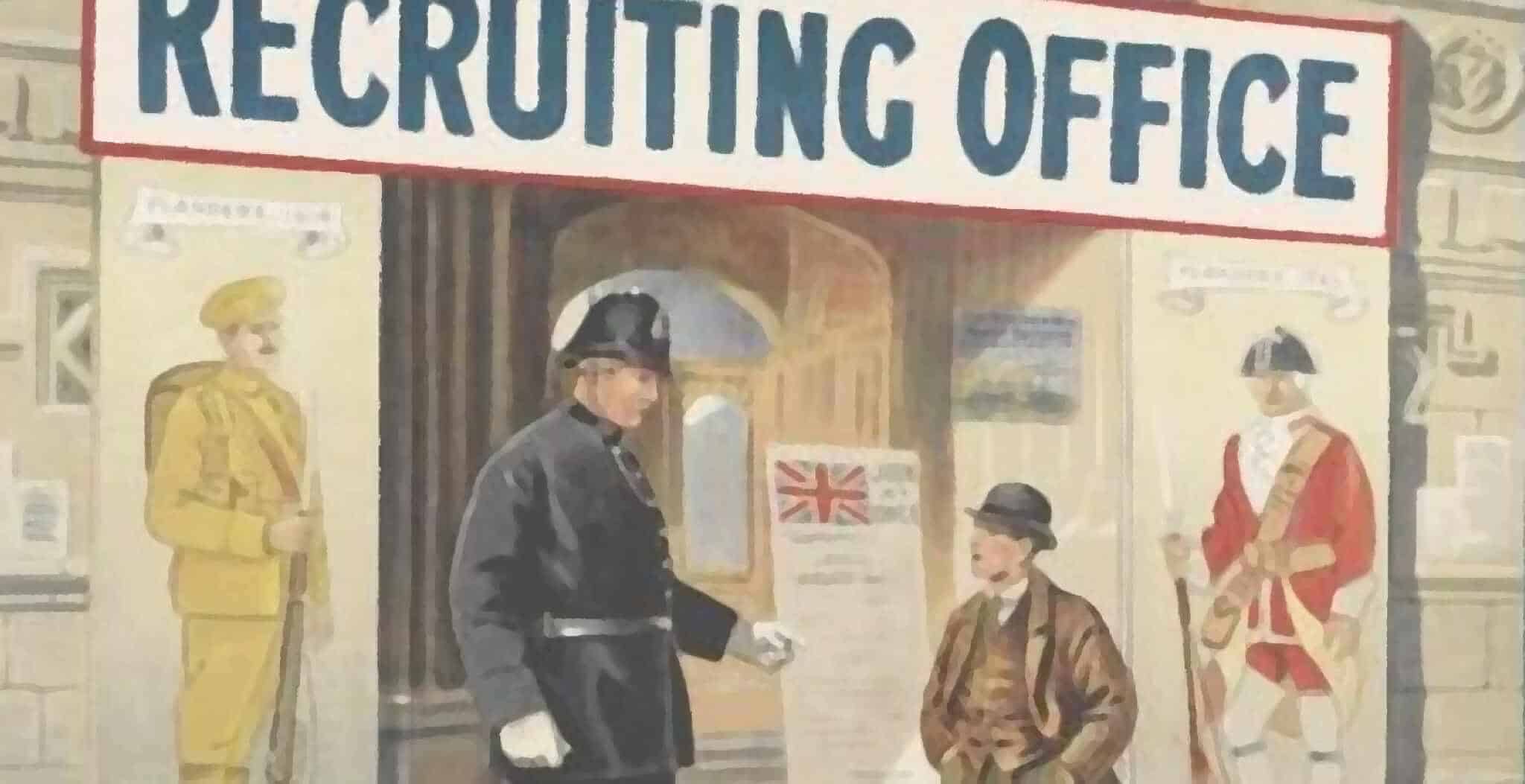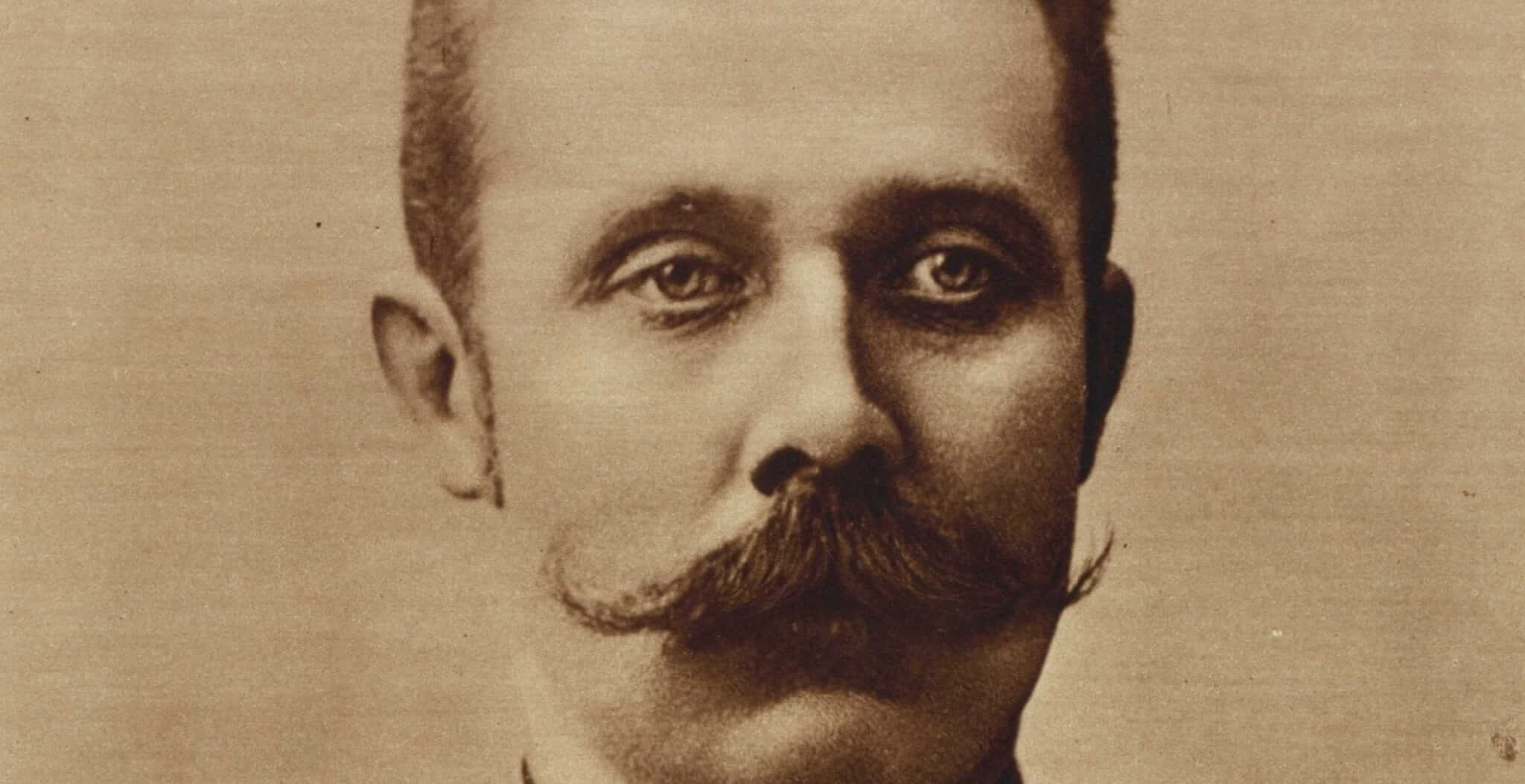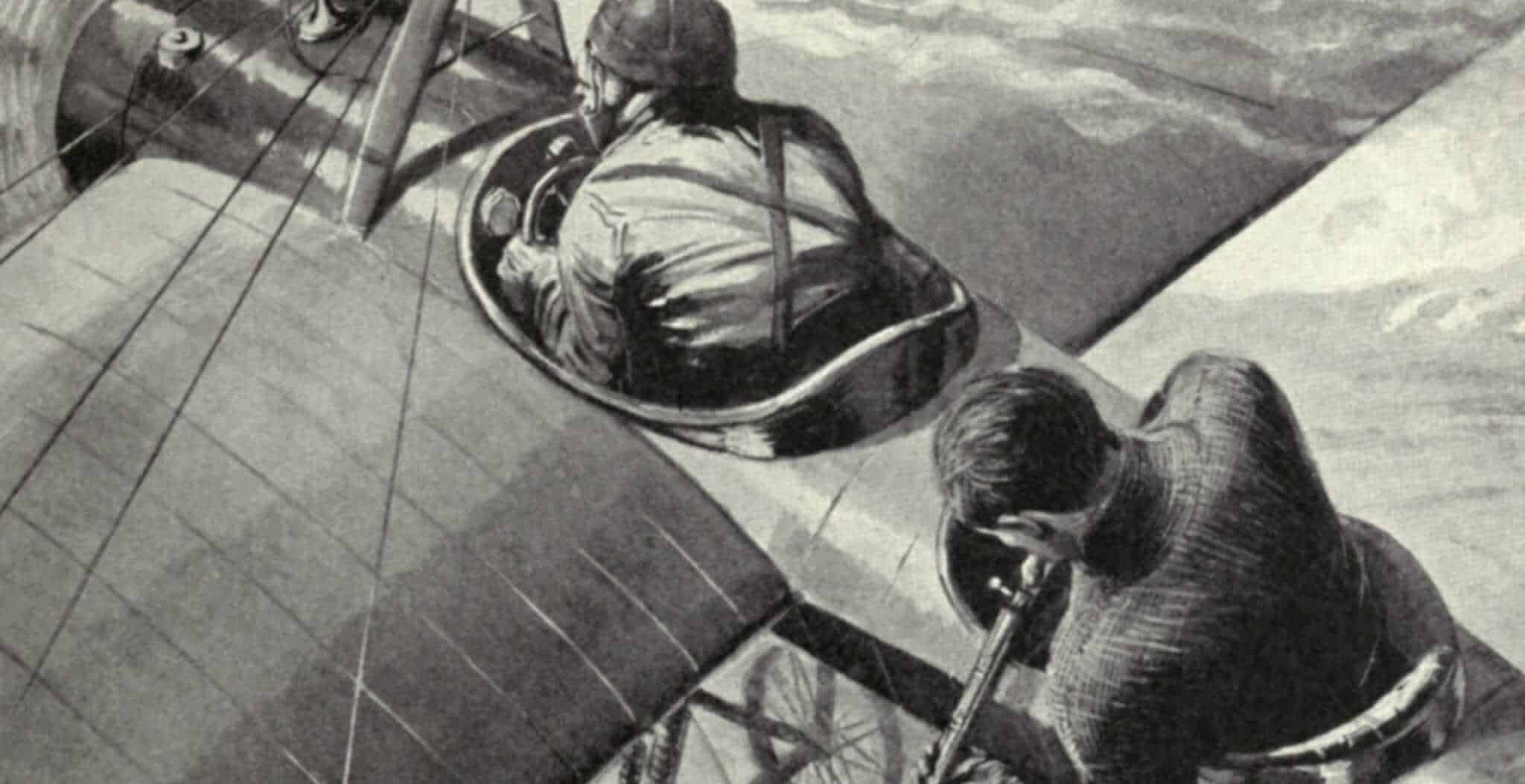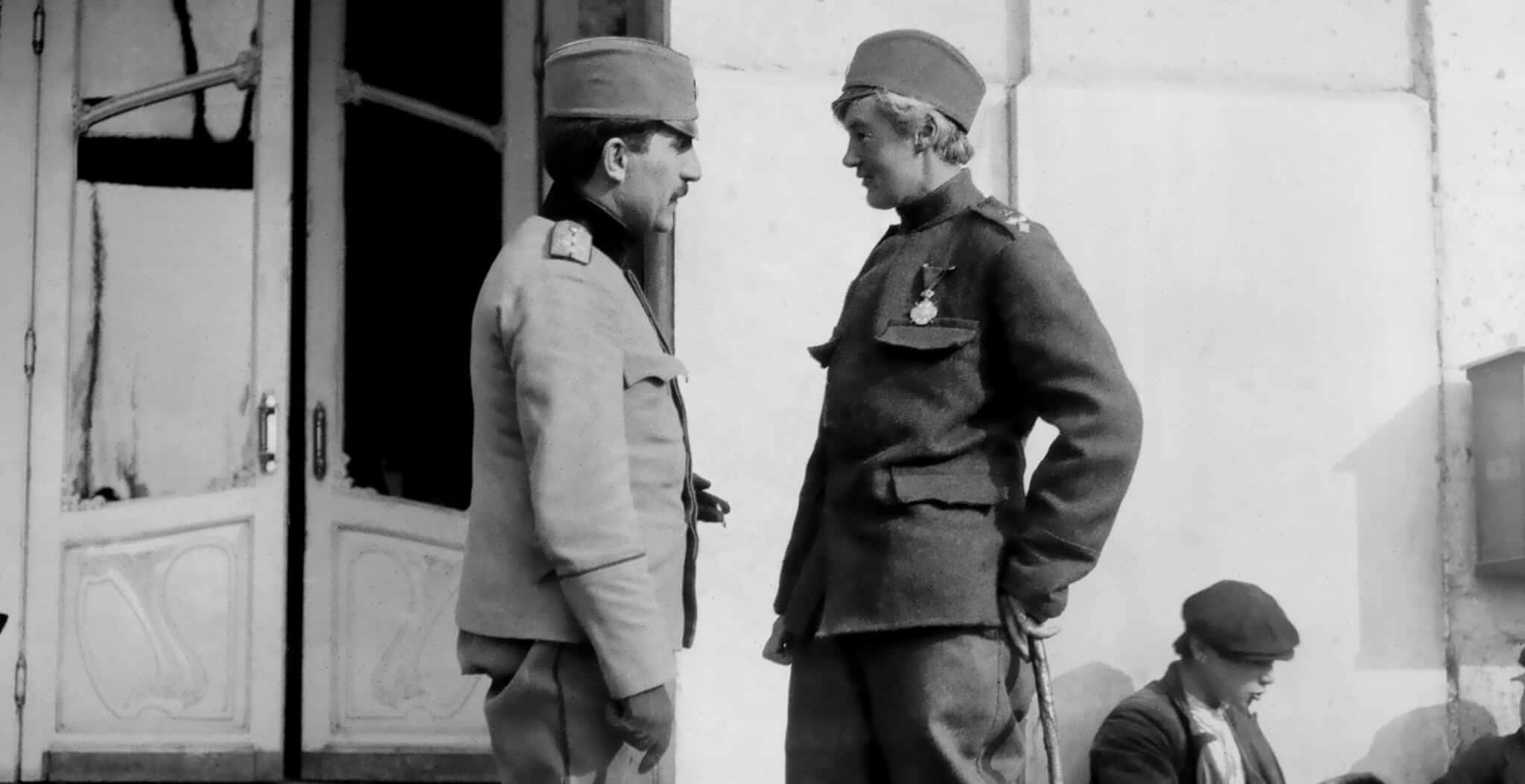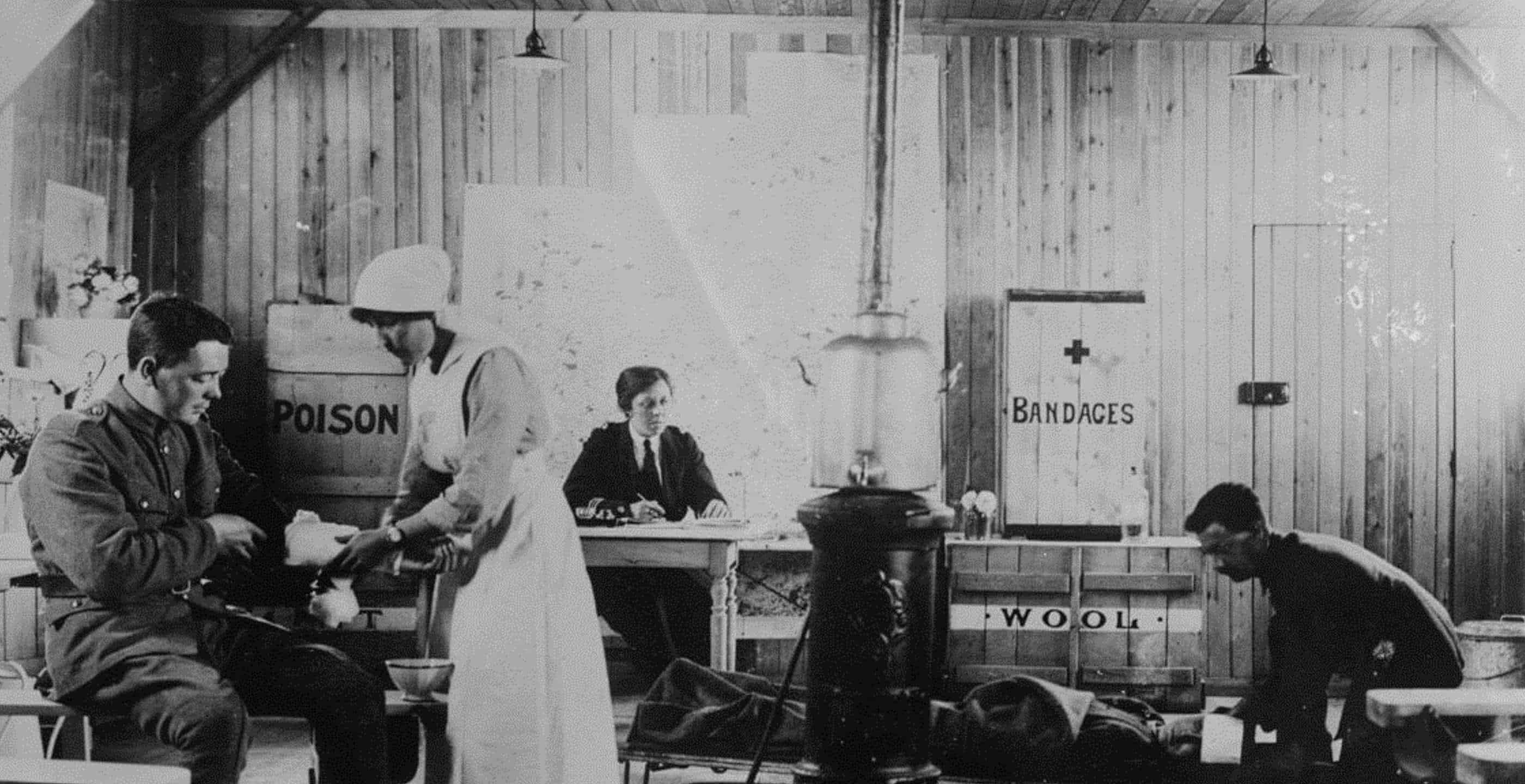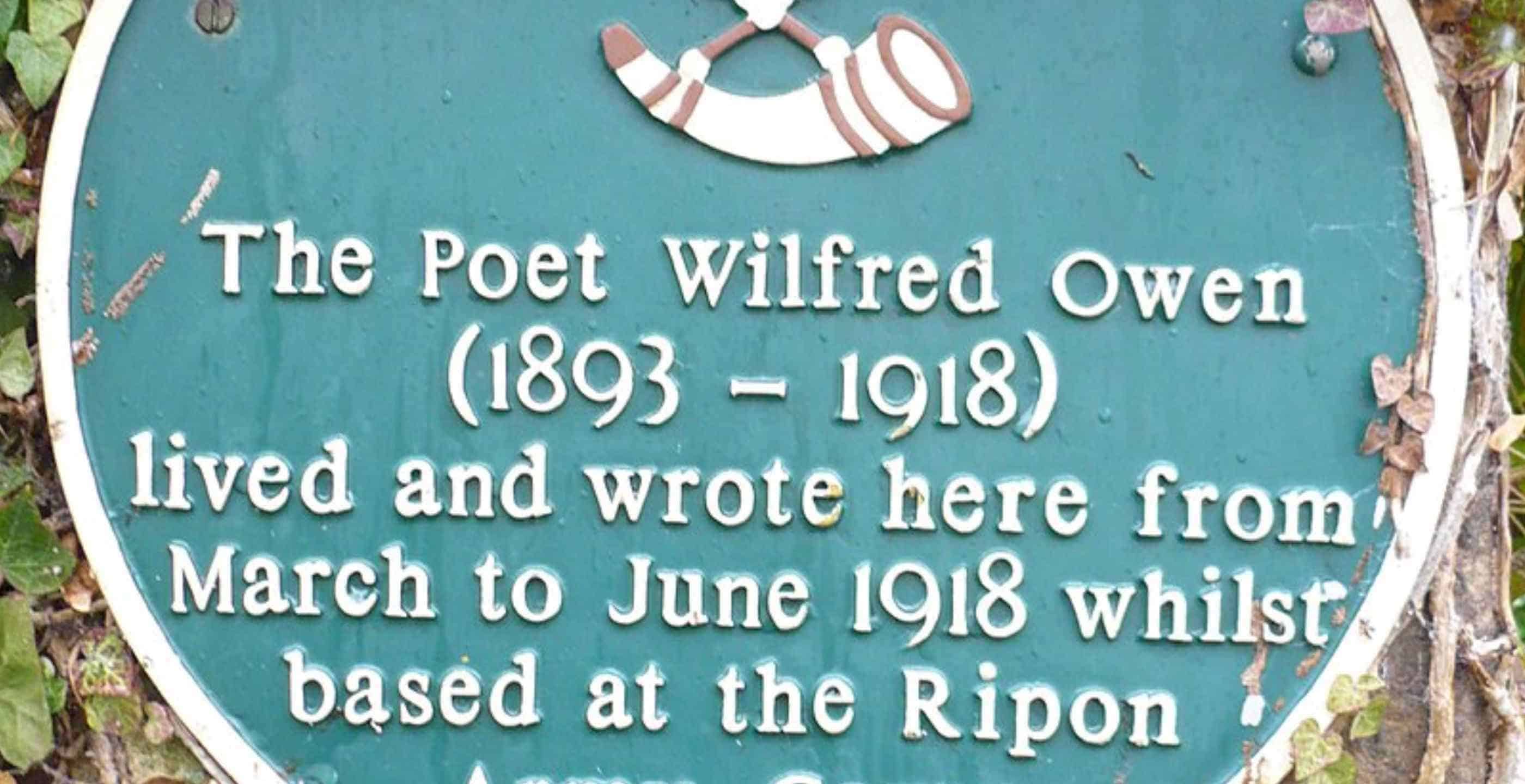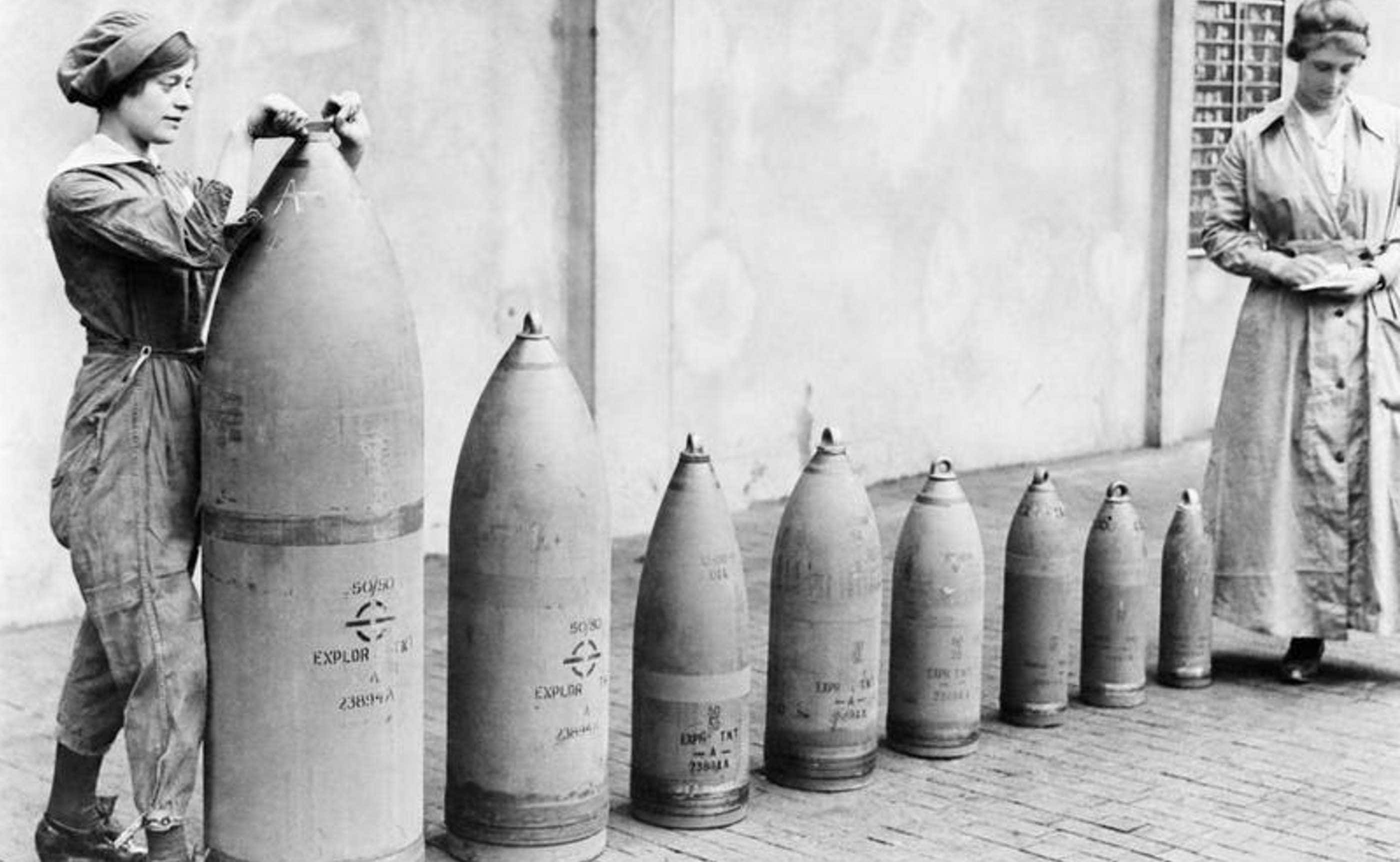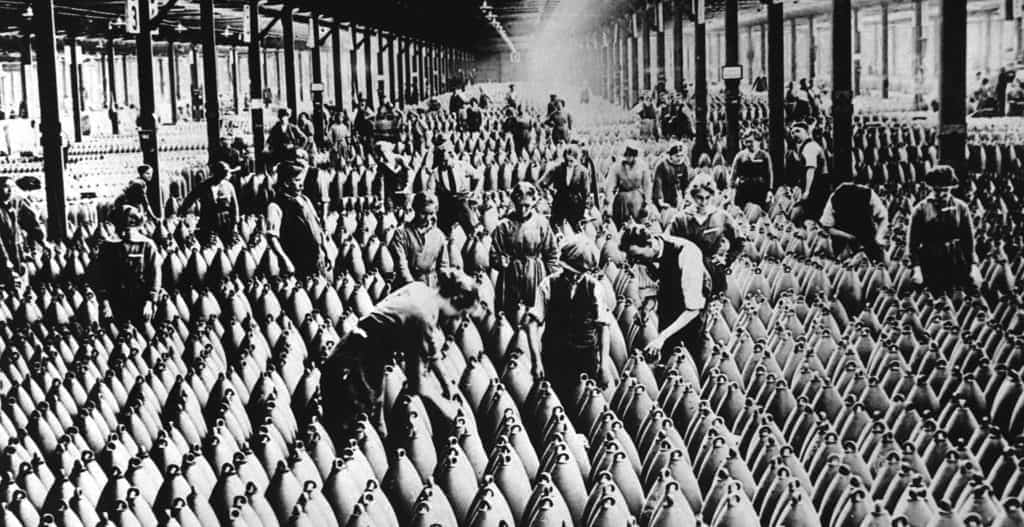With the outbreak of war in 1914, Secretary of State for War Lord Kitchener realised that Britain’s small professional army would be no match for the might of Germany in a long drawn out conflict. He proposed raising a new army, ‘Kitchener’s Army’, based entirely on volunteers. Initially men flocked to join up and there were so many recruits that the army struggled to cope.

Initially those who had opposed the war were free to abstain from it, as participation was a matter of personal choice. However by late 1915 volunteers had slowed to a trickle. The British Government was now forced to consider introducing conscription, a move that ran entirely against the liberal traditions of British life.
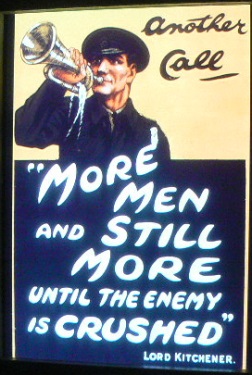
In the first few months of 1916 the Military Service Act was passed by the British Government, rendering all fit males of military age liable for call up. For the first time, men who could not or would not support Britain’s role in the war were forced into public view. Although the act did allow for Conscientious Objection, the so-called ‘Conchies’ or C.O’s were hated by the vast majority of the population. Appeals against military service were generally based on either religious or political conviction.
Across the British Isles some 16,000 men claimed Conscientious Objection. The vast majority did so on religious grounds. Only a minority were political opponents of the war, and they generally received harsher treatment.
Military tribunals had the power to exempt people from active military service. The tribunals might recommend a non-combatant role in the armed forces, for example in a medical unit, or alternative civilian work such as forestry, factory, social or hospital work and, towards the end of the war, coal mining.
Those men who would not accept this compromise were known as Absolutists, as they demanded absolute exemption. They would accept no compromise with the army, would not serve in uniform in a non-combatant role and as a result were imprisoned for two years with hard labour.
Published: 18th December 2014.



